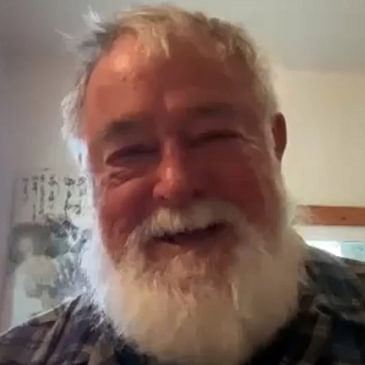Bill Porter is the author who translates under the pen-name Red Pine. He is a translator of Chinese texts, primarily Taoist and Buddhist, including poetry and sutras. He is the author of Road to Heaven: Encounters with Chinese Hermits and won the American Academy of Arts & Letters Thornton Wilder Prize for translation in 2018.
Bill Porter:
Road to Heaven: Amazon.com: Road to Heaven: Encounters with Chinese Hermits: 9781582435237: Pine, Red: Books
Hermits Documentary: https://youtu.be/NUr45CvvLqs?si=owFRRYB-bUIOfdo5
Podcast Links:
Website: https://jakewarinnerpodcast.com/
Spotify: https://open.spotify.com/show/3kiojUxYZFyVdHOGl727jR?si=31164e616f1846a9
Apple: https://podcasts.apple.com/us/podcast/jake-warinner-podcast/id1711278585
Social:
Instagram: https://www.instagram.com/jake.warinner/
Twitter: https://twitter.com/jakewarinner
Timestamps:
00:00 - Introduction
00:38 - The Chinese hermit tradition
03:15 - Origins and history of Chinese hermits
06:45 - The influence of Taoism, Buddhism, and Confucianism on hermit culture
09:30 - The life and challenges of being a hermit
12:50 - The role of hermits in Chinese society and their interactions with locals
15:34 - How hermits live in the mountains
21:45 - Bill Porter on writing Road to Heaven
24:30 - Hermits are the happiest people
27:10 - The health and longevity of hermits
29:50 - Growth in the hermit population
32:45 - Lessons from Bill's experiences with hermits
